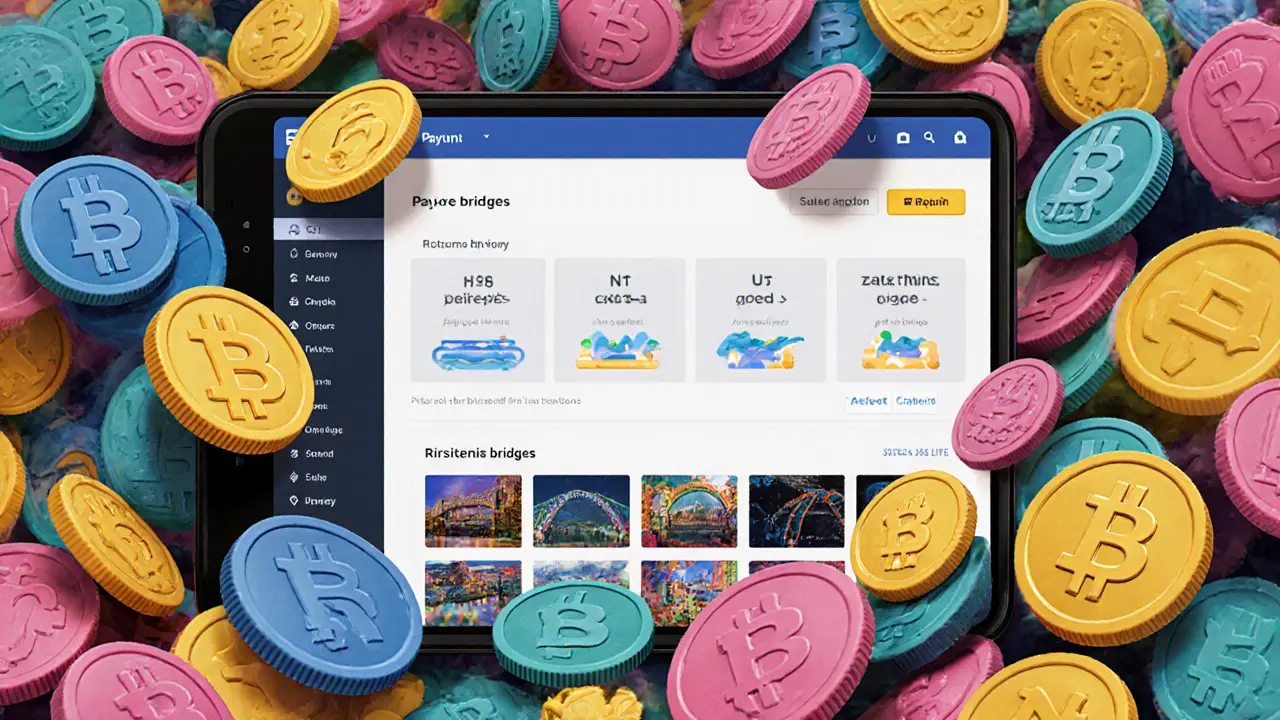BEP-20 Token: What It Is, How It Works, and Why It Matters in Crypto
When you buy a token on PancakeSwap or stake in a DeFi project on Binance Smart Chain, you're likely dealing with a BEP-20 token, a standard for creating tokens on the Binance Smart Chain network. Also known as BSC token, it's the backbone of most low-cost crypto projects today. Think of it like a digital voucher that lets you trade, stake, or earn rewards — but instead of running on Ethereum like ERC-20, it rides on Binance Smart Chain, which is faster and way cheaper.
BEP-20 tokens are built to work with smart contracts on BSC, making them ideal for decentralized exchanges, yield farms, and NFT marketplaces. Unlike ERC-20, which often costs $5–$20 just to send a token, BEP-20 transactions usually cost less than $0.10. That’s why projects like Safemoon, Dogecoin on BSC, and even fake meme coins stick to BEP-20 — it’s cheap to launch and easy for users to trade. But here’s the catch: just because it’s cheap doesn’t mean it’s safe. Many BEP-20 tokens have no audits, no team, and no real use. You’ll find plenty of them in the posts below — some are scams, others are legit tools powering real DeFi.
The real power of BEP-20 comes from its connection to Binance Smart Chain, a blockchain designed to be fast, low-cost, and compatible with Ethereum tools. It’s not just a token standard — it’s an entire ecosystem. BEP-20 tokens rely on BSC’s consensus mechanism, which uses Proof of Staked Authority (PoSA), making transactions settle in under 3 seconds. That’s why platforms like PancakeSwap, the most popular DeFi exchange on BSC and StellaSwap, a DeFi exchange built for cross-chain swaps are built on top of it. These platforms don’t just accept BEP-20 tokens — they need them to function.
But BEP-20 isn’t perfect. It’s centralized compared to Ethereum — Binance has more control over BSC’s validators. That’s why privacy coins and security-focused projects avoid it. Still, for everyday users who want to trade, farm yield, or grab airdrops without paying huge gas fees, BEP-20 is the go-to. You’ll see it in almost every post below — from reviews of sketchy exchanges to deep dives on risky tokens like NiHao and Kalata Protocol. Some of these tokens are built on BEP-20 because it’s easy. Others? They’re built on it because they have to be.
What you’ll find here isn’t just a list of articles — it’s a real-world map of how BEP-20 tokens are used, abused, and sometimes exploited. You’ll learn which platforms actually support them, which ones pretend to, and which ones are outright dangerous. Whether you’re trying to avoid scams or find the next low-fee DeFi opportunity, this collection shows you exactly where BEP-20 fits in the crypto world — and where you should tread carefully.
What is Sphynx Labs (SPHYNX) Crypto Coin? Full Breakdown of Features, Risks, and Real-World Use
Sphynx Labs (SPHYNX) is a low-market-cap DeFi token offering multi-chain swaps and farming. With no audits, low volume, and a 90% price drop, it's high-risk. Learn what it actually does - and why most experts advise against investing.
